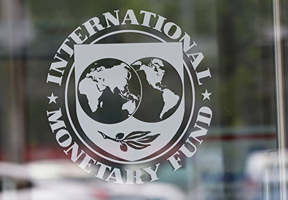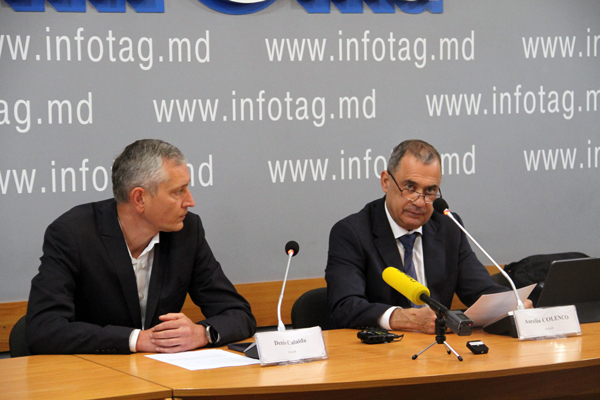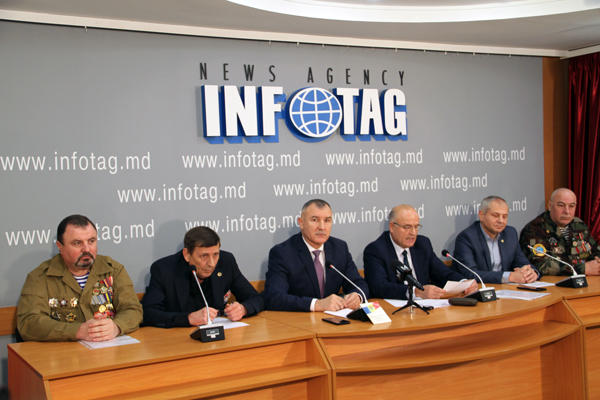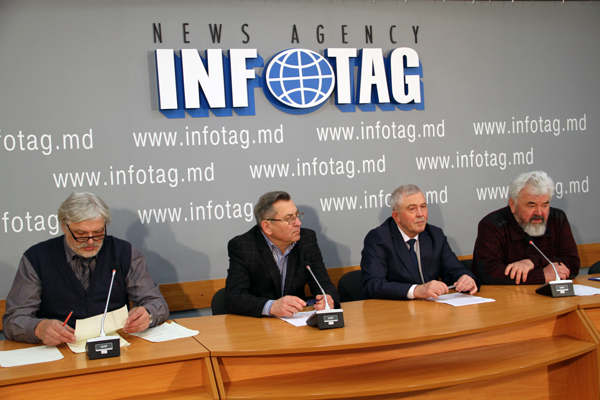Finances
IMF MISSION AND MOLDOVAN GOVERNMENT AGREED ON SIGNING NEW COOPERATION PROGRAM

The International Monetary Fund (IMF) mission and the Moldovan authorities came to an agreement on signing a new Program of Cooperation between the Fund and Moldova, which provides implementation of a number of economic reforms and three-year financing by means of the Extended Fund Facility (EFF) and the Extended Credit Facility (ECF).
The IMF press release includes the statement of Ivanna-Vladkova Hollar, who headed the IMF mission to Moldova that worked in the country on July 5 through 15.
“Access under this arrangement is proposed to be set at 75 percent of Moldova’s quota in the Fund (Special Drawing Rights 129 million, or about US$ 179 million). The staff level agreement is subject to approval by IMF Management and the Executive Board. Consideration by the Executive Board is expected in October, following the authorities’ implementation of a number of prior actions. The new ECF/EFF arrangement will first and foremost aim to make swift upfront improvements in financial sector governance and supervision”, the statement says.
The IMF mission emphasizes two basic goals Moldovan authorities will have to achieve.
The first is policies to ensure macroeconomic and financial stability. The program aims to tackle long-standing vulnerabilities rooted in a nontransparent shareholder structure of the banks and weak supervisory and regulatory framework of Moldova’s financial sector. Monetary policy will continue to be focused on maintaining price stability in the context of a flexible exchange rate regime. Fiscal policy will focus on using available margins wisely, to strengthen public investment and support social and developmental objectives.
The second is structural reforms to facilitate growth. The authorities’ program supported by the ECF/EFF arrangement is part of a broader development framework supported by other international partners that would set Moldova on a path of sustainable and inclusive growth. Structural reforms will aim at improving business climate, attracting investment and enhancing Moldova’s growth potential. Initial measures will support the authorities’ anticorruption efforts, sustainable energy policy, and fiscal reform agenda, including reforms to mobilize revenue, enhance the efficiency of expenditure, and reduce fiscal risks.
The IMF mission completed its work in Moldova on July 15, while after this the negotiations continued from Washington by means of video conferences.
It is very important for Pavel Filip Government, formed in early 2016, to sign a Memorandum with the IMF. The authorities regard this document as a light at the end of the tunnel for Moldova. On the Memorandum depends the receiving of financial assistance from external partners, mainly the World Bank (WB) and the European Union. Their help to Moldova was frozen in mid-2015 in protest against the stealing of more than US$1 million from Moldovan banks. The WB and the EU stated back then that the assistance will be defrosted only after the Government has IMF Memorandum signed.
The Government was planning to manage to approve a three-year program of c cooperation with IMF in 2016, which will have financing worth about US$250 million. With the help of this money, the authorities were planning to bring the economy at the path of sustainable development and financial stability. Despite the fact that the sum turned out to be smaller, the Government maintains it still allows addressing urgent issues in 2016. In particular, after unblocking of relations with IMF, Moldova hopes for assistance from EU, Romania and a number of other countries, which were expecting results of negotiations between Chisinau and the IMF.
























Add Comment